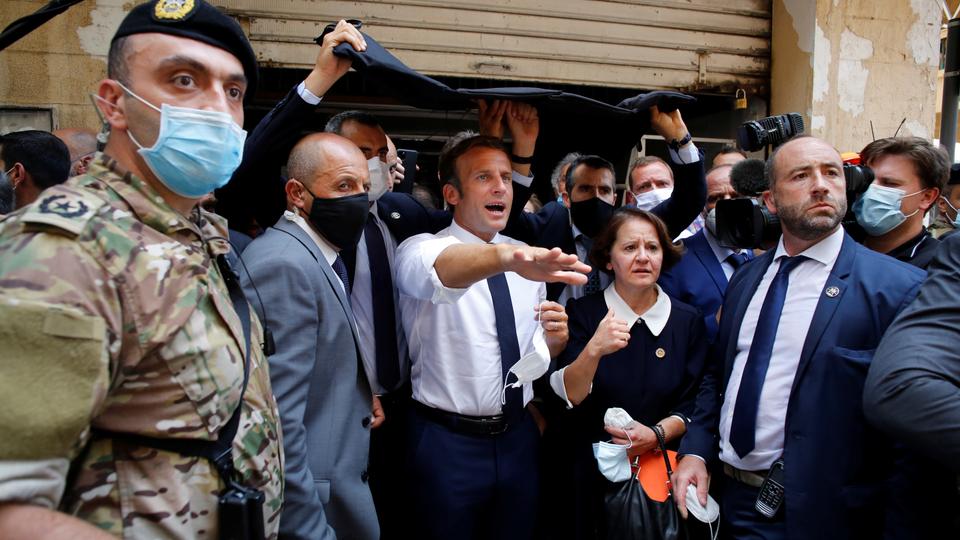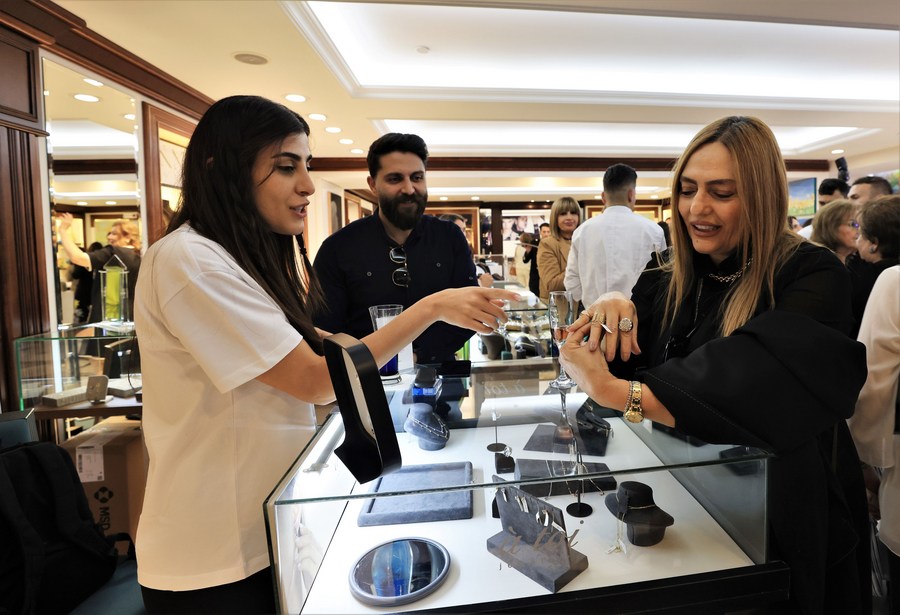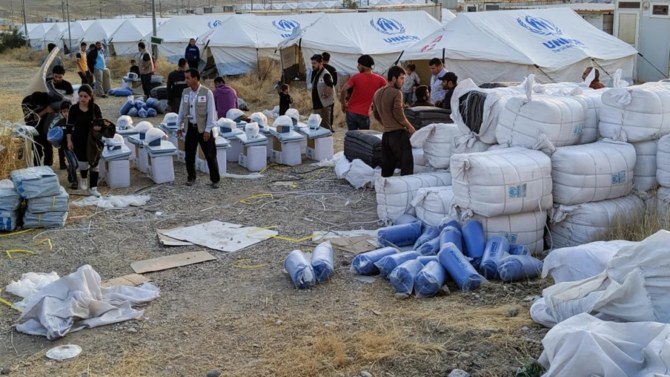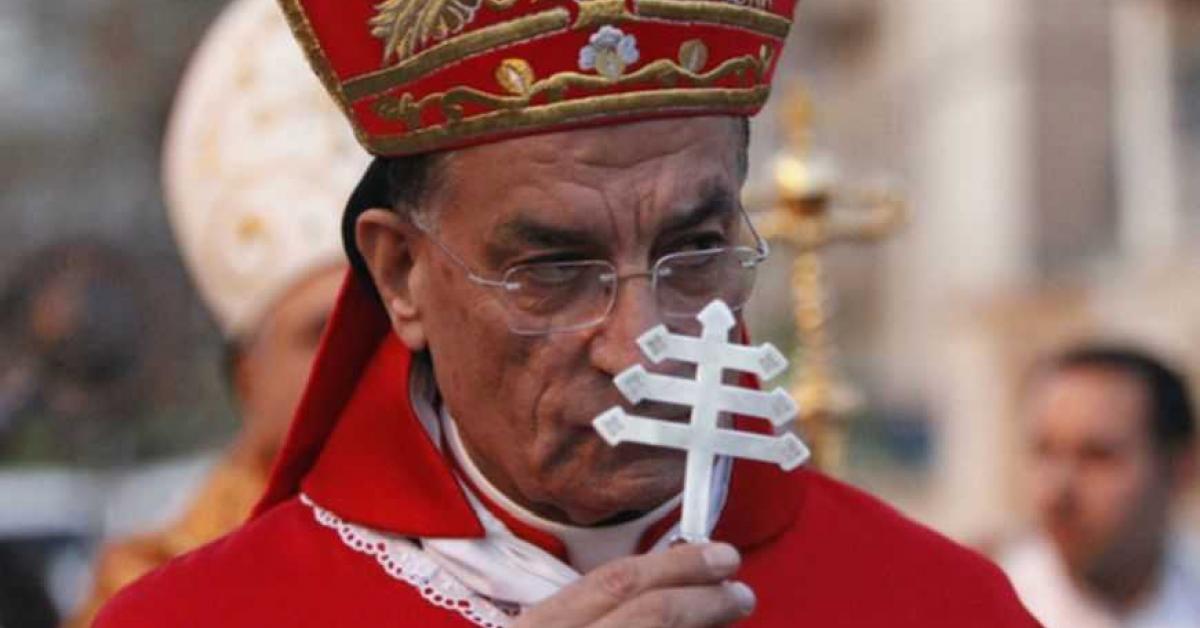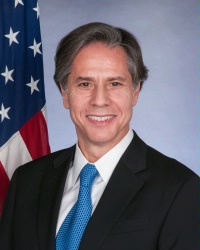
by Joseph Haboush, Al Arabiya English — — The leading senators of the US Senate Foreign Relations Committee on Tuesday urged the Biden administration to support presidential candidates in Lebanon that will be accountable to the Lebanese people amid reports that France has backed a pro-Hezbollah contender. Lebanon has been without a president since October 2022, following the end of Michel Aoun’s term. Meanwhile, France has taken the lead in trying to mediate a solution to the presidential vacuum and the economic and financial crises in the country. For the latest headlines, follow our Google News channel online or via the app. Sleiman Frangieh, a former minister and MP, backed by Hezbollah and close to the Assad regime, was reportedly endorsed by France in private meetings with Lebanese officials. France last week denied that it had endorsed any specific candidate. Local media reports, including a pro-Hezbollah newspaper, published detailed conversations between French officials and Lebanese lawmakers that suggested Paris was backing Frangieh.
But Senators Bob Menendez and Jim Risch said they were “discouraged” by the ongoing political deadlock, which they said was engineered by Hezbollah and its allies, like Speaker Nabih Berri. In a letter to President Joe Biden, the senators said Hezbollah and its allies were trying to wear down the opposition to its preferred candidate, Frangieh. “We strongly urge your administration to clearly reinforce the urgent need for the formation of a Lebanese government that is committed to governing transparently and addressing the desperate needs of the Lebanese people, rather than enriching cronies or enabling bad actors like Hezbollah to further derail Lebanese democracy,” the letter to Biden read. “Procedural games at the expense of meaningful reforms and good governance only serve to undermine Lebanese and regional stability.”
